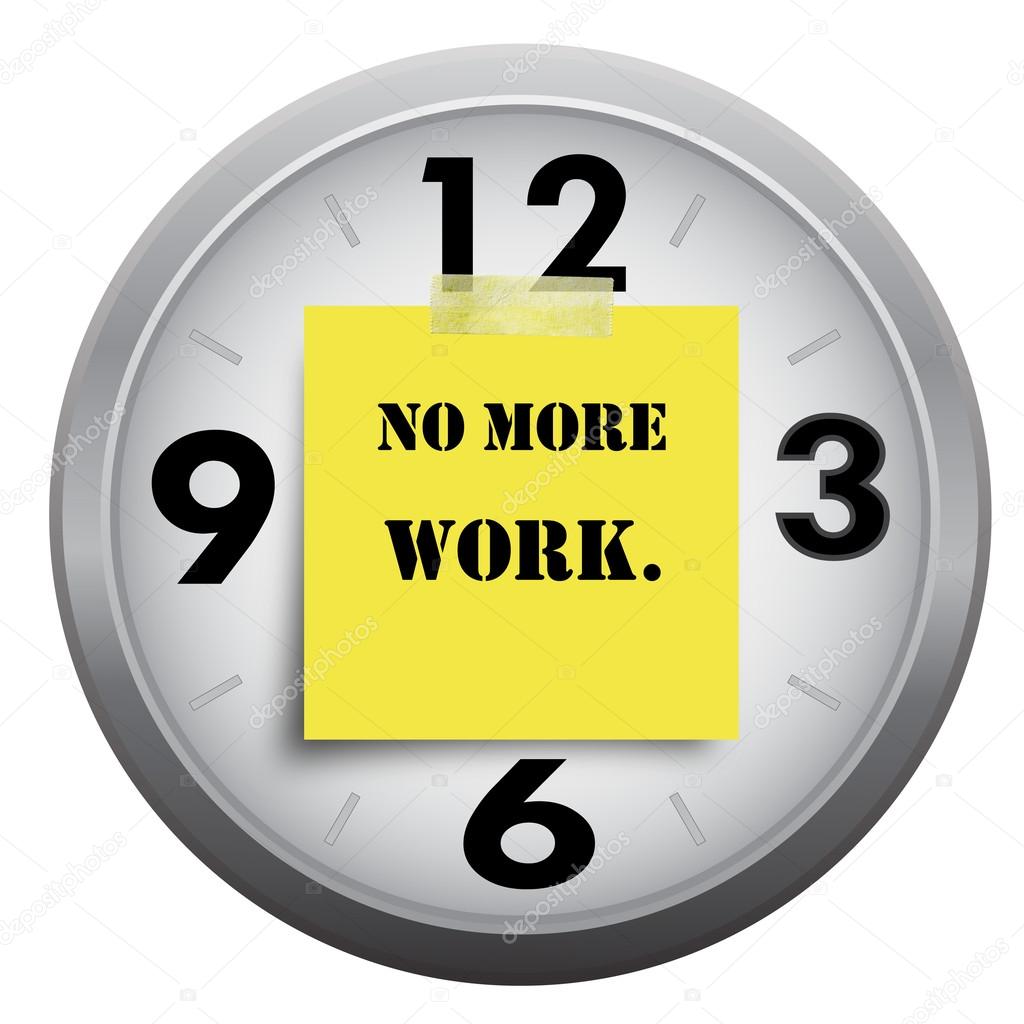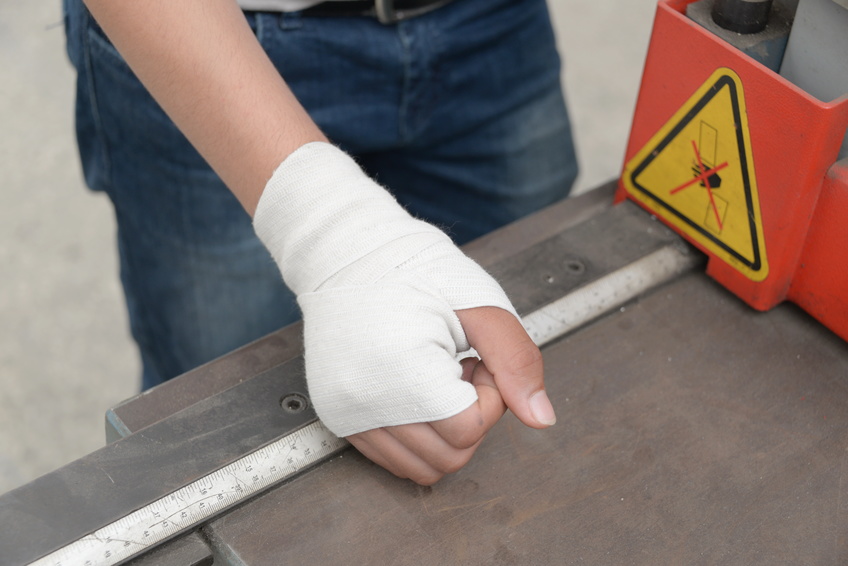

To prevent fraud, lateness, and absence.
#Injured at work clock in or out full#
If an emergency arises, it is vital that a full list of who is on site is maintained. So that the employer and emergency services know exactly who is in the building.

This is vital for things like payroll and working out holiday entitlement.

On top of this, they are also in breach of several Health and Safety directives that could lead to serious repercussions. If an employer clocks an employee in or out when they shouldn’t, they are in essence committing fraud. The act of clocking in and out is vital to understand when an employee is working and present in the building. Can Your Employer Clock You in And Out?Ībsolutely not. It is also important for health and safety so that an employer can account for all employees in the event of a fire or other catastrophic event. From a pay and work perspective, it allows employers to see when you actually finished. It is often essential to signify to an employer that you have ended your shift and left work. To clock out is to record your time of departure from work. But the process of clocking in/out is more important than you think. One such chore is having to clock in and clock out of work. Many of the things we as employees see as chores are often vital to a business. The workplace is full of rules and processes and for good reason. What Are the Legal Guidelines to Clock in And Out?.Is It Illegal to Clock Someone Else Out at Work?.Why Is It Important to Clock in And Out Of Work?.Can Your Employer Clock You in And Out?.The state court upheld Tress’ workers’ comp benefits. What’s a reasonable period of time? The court noted previous rulings in which benefits were granted for an incident that happened up to 20 minutes after the end of an employee’s shift. “Injuries that occur on the employer’s premises while the claimant is coming to or leaving work are in the course of employment if they occur within a reasonable period of time before or after the claimant’s work shift,” the court said. “It is sufficient … if the claimant’s presence on the premises at the time of the accident remained so connected to the employment relationship that it was required by the nature of her employment,” the court wrote. It said the incident doesn’t have to occur at the employee’s work location. Wegmans argued Tress wasn’t required to be where she fell to perform her job or exit the store because she was on a personal errand.īut the court disagreed. So the only open question: Was Tress required by the nature of her job to be on the premises when she fell? Tress’ fall occurred on Wegmans’ premises and was caused by a condition of the premises. the injury was caused by a condition of the premises.the employee was required by the nature of their job to be on those premises, and.the injury occurred on the employer’s premises.even if the employee wasn’t furthering the employer’s business at the time.“All injuries caused by the condition of the premises … sustained by the employee, who, though not so engaged, is injured upon the premises occupied by or under the control of the employer.” Pennsylvania’s workers’ comp law says injuries in the course of employment include: Instead, she was on a personal errand – picking up a burger at the store pub. Wegmans argued Tress wasn’t in the course of her employment when she fell. A state court recently issued a decision in another appeal by Wegmans. Wegmans appealed, and the Pennsylvania Workers’ Compensation Appeal Board affirmed the judge’s decision. Wegmans denied the claim.Ī Workers’ Compensation Judge heard the case and granted Tress benefits. She applied for workers’ comp disability benefits. Tress was hospitalized for four days and was unable to return to her job for several months. She suffered an open fracture of her left forearm and wrist that required surgery. On her way back to the café area a few minutes after clocking out, Tress stepped on a slippery spot on the floor, slipped and fell. Then she walked back toward the café to pick up a burger at the pub (near the café) on her way out of the store. One day when her shift as a cashier in the café section ended, Tress walked across the store to the time clock, clocked out and retrieved her purse from her locker. Geraldine Tress was a part-time cashier for Wegmans Food Markets in Pennsylvania. This employee had clocked out after her shift and was leaving her workplace when she slipped, fell and was injured. Fell, injured after clocking out: Did she get workers’ comp?


 0 kommentar(er)
0 kommentar(er)
